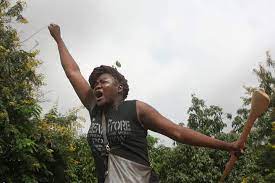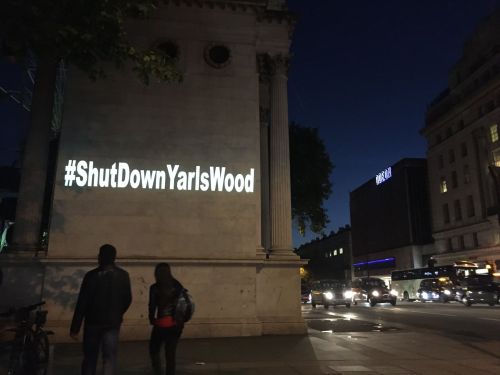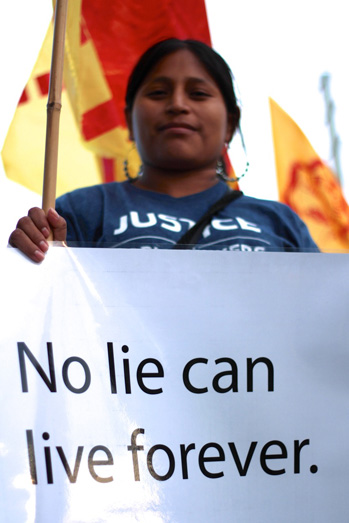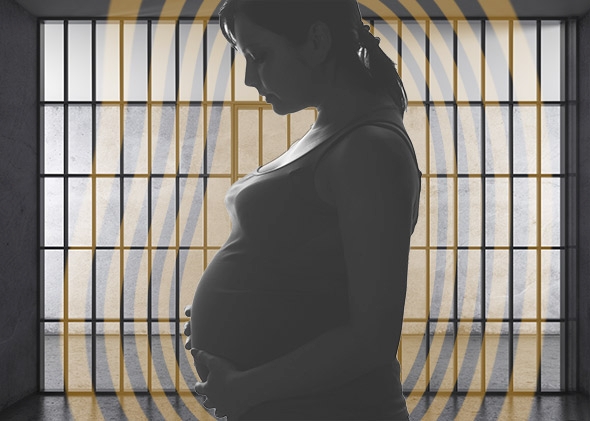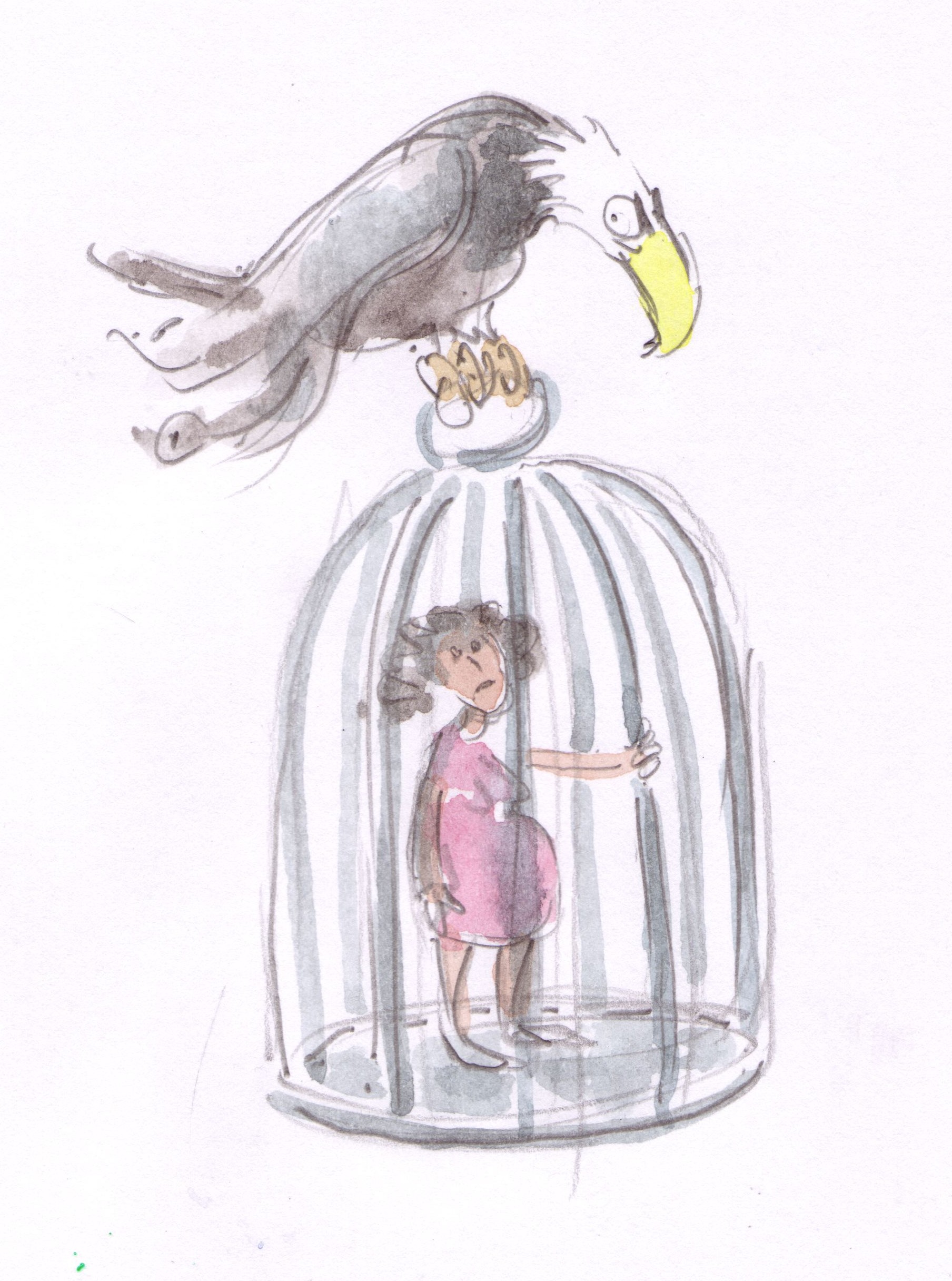
At the CADTM Summer University, the workshop on private debt and resistance broached the system of private debt as debt that is forced on people as public debt is forced on States. The workshop covered micro lending in Morocco, mortgage loan based eviction in Spain, financialization processes in Eastern Europe, and student loans in the UK.
Lauren Tooker talked to us about the student loan crisis in the UK. In 2012 a reform swept the universities in the UK introducing an important increase in education fees. This reform came with a system of loans specially designed to create a source of profit at the expense of equality in education. With a student debt system, women and minorities are losing space and rights.
The United Kingdom is the first European Country that has followed the path of the United States in the direction of for-profit education. As the scandal of the student unfair loan system in the United States is becoming more visible, finally hitting the news, the UK students have decided to organize and take action. Lauren came to the CADTM to link their struggle to the anti debt movement in general.
Resistance comes with conscientization, building spaces and organizing. Listen to Lauren Tooker.
(Recording by Brigitte Marti) (Debt Strike image: The Guardian)
